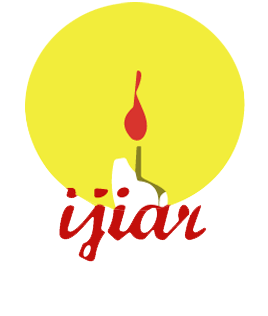PHENOTYPICAL IDENTIFICATION OF MOISTURE ASSOCIATED WITH CASHEW NUTS (ANACARDIUM OCCIDENTALE L.) IN CÔTE D’IVOIRE AND CONTROL OF PSEUDOMONAS FLUORESCENS CI EFFECT.
- Laboratoire de Biotechnologie et Microbiologie des Aliments, Unité de Formation et de Recherche en Sciences et Technologie des Aliments (UFR-STA), Université Nangui Abrogoua, Abidjan, Côte d’Ivoire.
- Laboratoire de Microbiologie des Aliments et Biotechnologie, Unité de Formation et de Recherche des Sciences Biologiques, Université Péléforo-Gbon-Coulibaly, Korhogo, Côte d’Ivoire.
Cashew nut is one of the most important nuts in international trade. It is a product whose almond is edible, appreciated and has a high nutritional value with a good taste quality. However, poor harvesting, post-harvesting and storage practices result altering nuts following fungal attacks resulting in huge post-harvest losses in the agricultural value chain. In this study, we use P. fluorescens CI in biological control against fungi responsible for alteration of cashews nuts in Côte d’Ivoire. Thirty-six healthy nuts and weathered nuts were used for isolation of moisture and other tests. We isolated in cashews nuts fungi as Aspergillus, Penicillium, Rizhopus, Fusarium, Absidia, Trichophyton and Scytalidium. The pathogenicity tests confirmed that Aspergillus, Penicillium, Rizhopus, Fusarium and Absidia are implicated in the weathering of cashews with a stronger alteration by Fusarium. Antagonist tests conducted with P. fluorescens CI against fungi isolated showed inhibition rate of 75,62 ± 4,41% for Aspergillus sp. (s), 68,75 ± 1,7% for Rhizopus sp. and 80 ± 1,76% for Fusarium sp. Cashew protection with supernatant of P. fluorescens CI allows an increase of the nut conservation by a period of thirty (30) days with no mushrooms in the heart of cashew. P. fluorescens CI can therefore be used as a biocontrol agent in the fight against fungal alterations of cashews in Côte d’Ivoire.
Laboratoire de Biotechnologie et Microbiologie des Aliments, Unité de Formation et de Recherche en Sciences et Technologie des Aliments (UFR-STA), Université Nangui Abrogoua, Abidjan, Côte d’Ivoire.
Share this article
